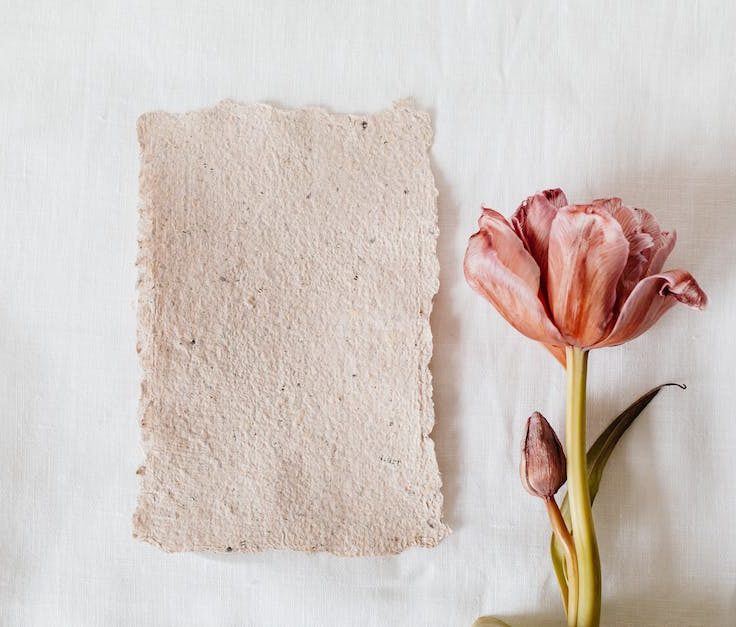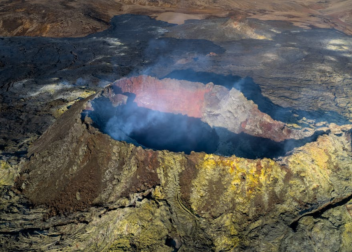Connecting Through Time: How Intergenerational Conversations Create a Tapestry of Life
Sometimes, books on history offer a more thorough analysis of the expert’s perspective of an event, which is a personal account. Both versions must be taken into consideration in assessing the importance of the event. Two professors from the University of the Virgin Islands determined to reconcile the two kinds of tales.
Thalassa Tonks and Molly Perry who are both instructors in English on St. Croix. St. Croix campus, as well as geography and history respectively in St. Thomas of the Virgin Islands, received a $1000 “Digital Humanities Advanced Grant” which was awarded by the National Endowment for the Humanities to assist them in their efforts to save and create individual narratives from everyday life. Molly. Perry said, “If you only rely on official and expert versions of events in history, then you are missing a huge amount of the complexities of our lives.” The two will teach students to document and seek oral stories.
The grant was given for”Community Conversations” project “Community Conversations” project. Prior Humanities and Community Foundation of the Virgin Islands grants helped to buy video recorders and microphones for the students. While the primary goal of the project is preservation of the history of culture, it also has more significant ramifications.
Perry and Tonks each cited other elements which contribute to the declining of research in the humanities. Tonks said that there’s an increase in the research of humanities. Tonks also elaborated on the notion by stating oral histories can help students be more engaged with the subject matter. Perry stated, “A project such as it empowers students.” The notion that first-year University of the Virgin Islands students frequently visit the University of the Virgin Islands to receive additional education is a common theme. They are concerned that they’re not communicating correctly due to the Virgin Islands dialiects. Perry and Tonks have expressed their wish to make a difference in this situation, declaring: “We want that to be reversed..
The professors said that students have a passion for their conversations as they tell their own personal experiences. They suggested that the next discussions might include Climate Change and Natural Disasters. This will allow science courses to broaden the scope of the program. The materials of these professors and instruction for students are currently utilized. They know they’re not the only or only the first to initiate the Oral History Project in the region. But, it is helping them to establish relationships to other people who have done similar things.
Researchers are well aware of the potential issues that could arise from oral history research projects. They’ve taken care to educate students responsible in collecting and archiving information. The training was conducted in order to avoid such issues. Perry added the importance of cross-reference information. Perry further stated that there’s a great deal of studies being conducted to investigate the connection between history and memories. The issue remains with the language used in developing an oral history project in the Virgin Islands. This is because of memory accuracy concerns.
Summary
It is clear that oral history programs like the ones conducted by these academics offer an unique way of learning about Caribbean history and culture. It is an excellent method of preserving and understanding our past. The projects we participate in will enable us to explore the past while also gaining insights into our culture’s tomorrow.



